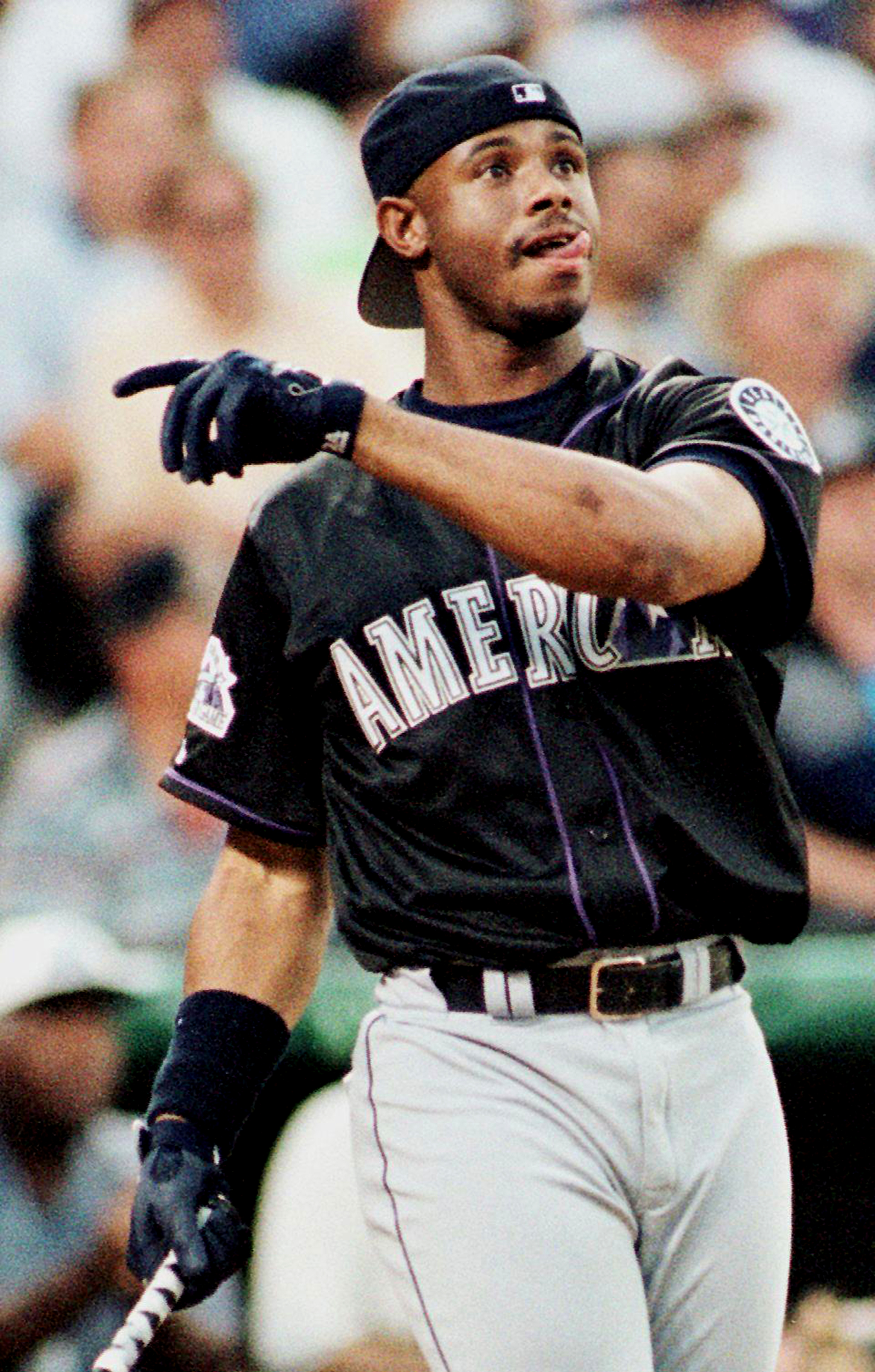
The world of cinema is a vast and unpredictable landscape, often brimming with both anticipated blockbusters and quiet, unassuming gems. Every year, we’re bombarded with trailers, posters, and marketing blitzes, each promising the next big thing or a familiar comfort. Yet, sometimes, the films that truly stick with us, the ones that ignite passionate discussions and redefine our expectations, are the ones we least anticipate. They’re the sleepers, the dark horses, the cinematic surprises that sneak up on us and leave an indelible mark, proving that true artistry often blossoms in the most unexpected places.
It’s an exhilarating experience to walk into a cinema or press play on a streaming service with tempered expectations, only to emerge utterly floored by what you’ve just witnessed. These aren’t just good movies; they’re *revelations*. They challenge our preconceptions about genres, directorial styles, or even the capabilities of certain actors, proving that innovation and brilliance can genuinely come from anywhere. The most memorable cinematic journeys are often those where the destination far exceeds the perceived starting point.
Here at ScreenRant, we live for those moments of delightful astonishment. We’ve meticulously combed through the buzz, the critical consensus, and the sheer undeniable impact of some recent and timeless cinematic gems to bring you a definitive list. These are the films that didn’t just meet expectations; they shattered them, soaring far beyond what anyone ever thought possible. Get ready to revisit some truly stunning examples of movies that were, without a doubt, significantly better than anyone expected, starting with some of the most talked-about recent releases.

1. **One Battle After Another (2025)**Paul Thomas Anderson is a name synonymous with cinematic excellence, a director whose every project arrives with a certain gravitas and artistic pedigree. Yet, even for an auteur of his caliber, the critical consensus for “One Battle After Another” is nothing short of astounding, signaling a work that even by his high standards, managed to elevate. The film is hailed as “Paul Thomas Anderson’s most entertaining film yet while also one of his most thematically rich,” a truly remarkable feat that showcases an evolution in his storytelling.
Audiences and critics alike might have expected depth and masterful direction, but the sheer level of entertainment value combined with profound thematic exploration suggests something truly special. This wasn’t just another P.T. Anderson film; it was a revelation, pushing the boundaries of what his established style could achieve. To be simultaneously his most accessible and most profound work is a delicate balance rarely struck, making its success all the more impressive.
Its synopsis hints at a journey with Bob, a “washed-up revolutionary who lives in a state of stoned paranoia,” surviving off-grid with a “spirited and self-reliant” companion. This setup alone promises character-driven complexity, yet the film delivers an “epic screwball adventure teeming with awe-inspiring action set pieces.” This fusion of quirky character study with grand-scale action and deep themes is precisely where it defied expectations, offering a ride both exhilarating and intellectually stimulating.
Read more about: 15 Actors Who Faced Production Pitfalls and Industry Pressures

2. **Roofman (2025)**Director Derek Cianfrance has carved out a niche for himself with intensely emotional and often gritty dramas, exploring the raw edges of human relationships and struggle. Films like *Blue Valentine* and *The Place Beyond the Pines* are known for their somber tones and unflinching realism. This established reputation made the critical reception of “Roofman” particularly surprising, marking a delightful and unexpected pivot in his directorial career.
The consensus describes “Roofman” as “A disarmingly sweet tonal gearshift for director Derek Cianfrance,” a phrase that immediately catches the eye. This isn’t just a slight deviation; it’s a significant shift into a more charming and perhaps lighter narrative territory. For a director known for dramatic intensity, embracing a “disarmingly sweet” tone likely surprised even his most ardent followers, proving his versatility and willingness to explore new emotional landscapes.
The film, “Based on an unbelievable true story,” stars Channing Tatum as Jeffrey Manchester, an “Army veteran and struggling father.” Tatum’s strengths as an “eminently likable leading man” are expertly tailored to the narrative, according to critics. This synergy between Cianfrance’s new tonal approach and Tatum’s innate charisma resulted in a film that, despite being “shaggy as a narrative,” resonated deeply and unexpectedly, delivering a fresh and engaging experience that defied expectations based on the director’s past work.
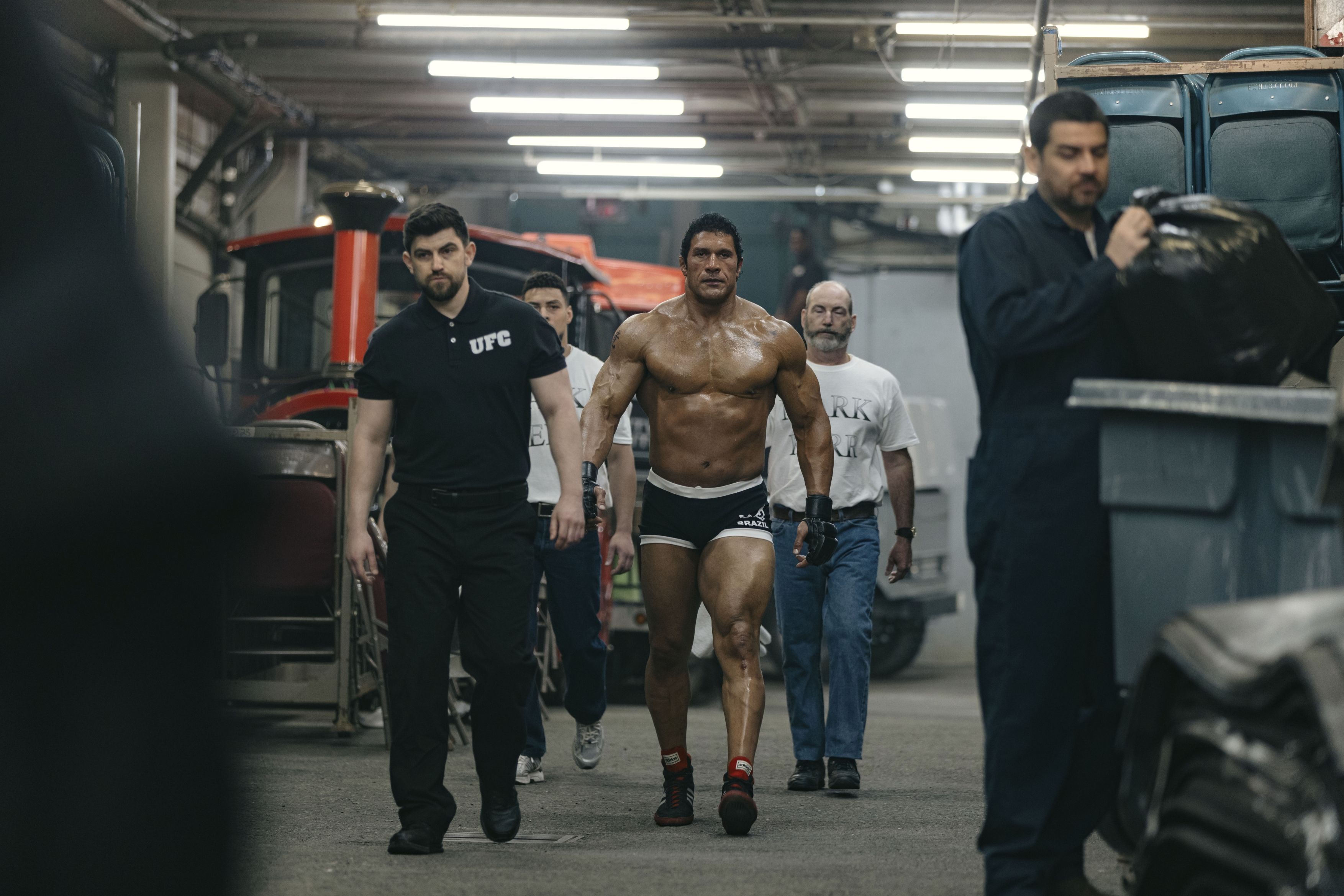
3. **The Smashing Machine (2025)**Dwayne “The Rock” Johnson has become a household name, synonymous with larger-than-life action heroes, incredible stunts, and charismatic, often comedic, performances in major blockbusters. While his star power is undeniable, audiences might not typically associate him with raw, gritty dramatic transformations. This is precisely why his turn in “The Smashing Machine” landed with such a powerful, unexpected impact.
The critics consensus highlights this shift explicitly, stating, “Dwayne Johnson goes the distance with his transformative turn as Mark Kerr in The Smashing Machine.” This isn’t just a slight adjustment; it’s a complete immersion into a dramatic role, portraying MMA fighter Mark Kerr and his personal hardships. Such a deep dive into character, particularly from an actor known for other registers, immediately sets this film apart as something unexpected.
The film is described as “a gritty biopic that sidesteps cliché even at the expense of narrative satisfaction while still landing the dramatic body blows that count.” This suggests a film committed to authenticity over conventional storytelling, and Johnson’s performance is central to that success. His ability to deliver impactful “dramatic body blows” while shedding his usual action-hero persona unequivocally positions “The Smashing Machine” as a standout, proving that Johnson has far greater dramatic range than many initially credited him for.

4. **Good Boy (2025)**Horror cinema is a genre that thrives on subverting expectations, yet “Good Boy” managed to do so in a way that left critics profoundly impressed and audiences unnerved. The initial premise, featuring “Our canine hero, Indy, finds himself on a new adventure with his human owner—and best friend—Todd,” might conjure images of a heartwarming pet adventure. However, the reality of “Good Boy” is anything but, making its critical acclaim for its unique horror approach truly surprising.
The film’s consensus immediately shatters any preconceptions, declaring it “a visually striking, emotionally devastating horror film that eschews genre conventions to deliver a uniquely haunting and conceptually ambitious experience.” This isn’t your typical jump-scare fest; it’s a profound, artistic venture into terror. The use of “emotionally devastating” alongside “horror” suggests a depth of feeling not always present in the genre, creating a more impactful and memorable fright.
“Good Boy” demonstrates a bold refusal to conform, opting for a “uniquely haunting and conceptually ambitious experience” rather than relying on established horror tropes. This commitment to originality, combined with its striking visuals and emotional resonance, allowed it to surpass the often-predictable boundaries of horror, delivering a film that was not only scary but also deeply resonant, proving to be far more than just another creature feature.
Read more about: 12 Famous Actors Who Now Only Accept Film Roles With Minimum Travel Demands

5. **Weapons (2025)**Zach Cregger burst onto the horror scene with a debut that captivated audiences and critics, demonstrating a fresh voice in a well-trodden genre. The challenge for any emerging director is the sophomore effort: can they maintain the momentum, or was their first success a fluke? “Weapons” definitively answered that question, proving to be not just a worthy follow-up, but a significant step forward that cemented Cregger’s place in the horror landscape.
The critics consensus for “Weapons” is effusive, proclaiming that “Zach Cregger spins an expertly crafted yarn of terrifying mystery and thrilling intrigue… a sophomore triumph that solidifies his status as a master of horror.” This is high praise indeed, indicating that the film not only met the elevated expectations after his debut but also surpassed them, showcasing an even greater command of the craft and an expanded artistic vision.
The film’s chilling premise, where “all but one child from the same class mysteriously vanish on the same night at exactly the same time,” offers fertile ground for Cregger’s unique brand of terror. The execution, however, is what sets it apart, demonstrating a filmmaker who isn’t content to rest on past laurels but is actively pushing his creative boundaries. “Weapons” delivered on its promise, providing a nuanced and genuinely terrifying experience that confirms Cregger’s unexpected mastery of the horror genre.
Read more about: The $15.8 Million Presidential Custom Fleet: A Deep Dive into High-Security Transportation and Campaign Operations
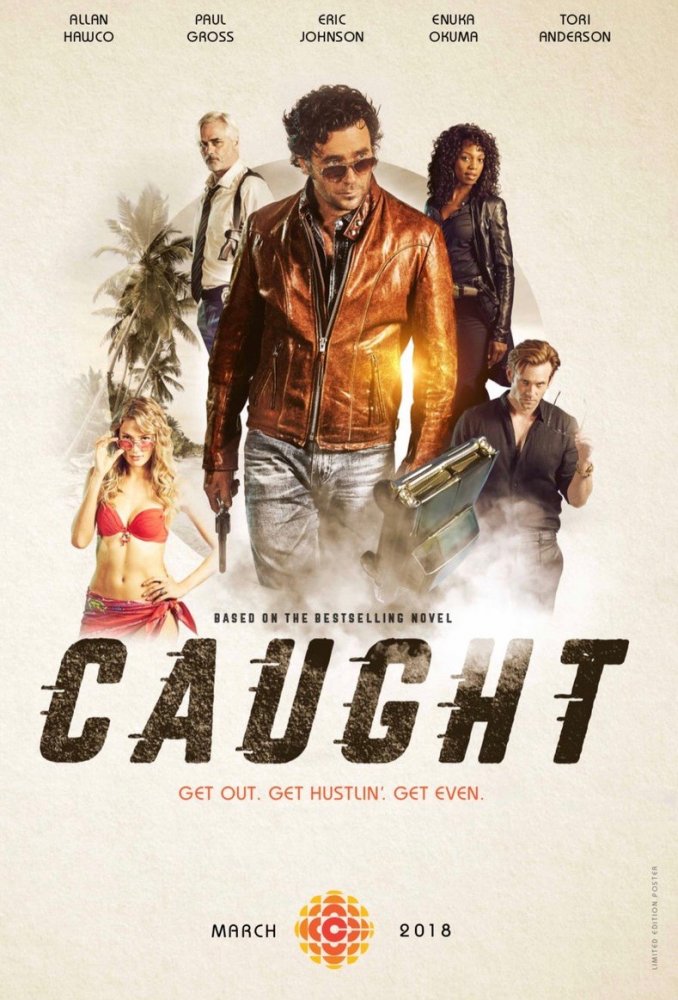
6. **Caught Stealing (2025)**Darren Aronofsky is a director whose filmography is characterized by intense psychological dramas, often exploring themes of obsession, addiction, and despair with a distinctively bleak and visceral aesthetic. His reputation is built on challenging, sometimes uncomfortable, viewing experiences that leave a lasting impression. Therefore, the critical reception of “Caught Stealing” marked a truly unexpected and welcome departure from his usual artistic signature.
The consensus noted a “surprisingly lighthearted gearshift for director Darren Aronofsky,” a phrase that, for anyone familiar with his work, immediately signals a film that defied all expectations. To see Aronofsky venture into more upbeat territory, especially with a story centered around a former “high-school baseball phenom” like Hank Thompson, indicated a delightful willingness to experiment and showcase a different facet of his directorial talent.
Furthermore, “Caught Stealing” was praised for being “a freewheeling throwback” that “splendidly showcases Austin Butler’s movie star charisma.” The combination of a director known for gravity embracing lightness, and a charismatic lead perfectly suited to this new tone, created a cinematic experience that was genuinely fresh and invigorating. This unexpected blend of talent and tone resulted in a film that delighted audiences by being so wonderfully different from what one would expect from an Aronofsky production.

7. **The Substance (2024)**”The Substance” emerged as one of the most talked-about films, not just for its audacious premise but for the utterly unexpected and career-defining performance it elicited from a veteran star. Demi Moore, an actress with a long and varied career, delivered a turn that resonated deeply with critics, proving that true talent only deepens with time, often in the most surprising of vehicles. The film, directed by Coralie Fargeat, provided a canvas for something truly extraordinary.
Critics were quick to herald it as “possibly Demi Moore’s finest hour,” an incredible accolade that positions her work in “The Substance” as a standout in her extensive filmography. This level of praise for an actress who has graced screens for decades speaks volumes about the power and unexpected depth of her performance. It wasn’t just good; it was a career resurgence that nobody saw coming, proving her enduring capability to captivate and challenge audiences.
The film itself is described as “audaciously gross, wickedly clever, and a gasp-inducing feat.” This combination of visceral shock, intellectual sharpness, and sheer cinematic audacity created a viewing experience that was both challenging and exhilarating. “The Substance” didn’t just push boundaries; it redefined them, offering a thought-provoking and genuinely thrilling narrative that transcended genre, delivering a punch that audiences—and indeed, Demi Moore’s career—were unexpectedly ready for.
Steering away from the buzz of current releases, our cinematic journey now takes a fascinating turn into the annals of film history. Here, we uncover iconic gems that didn’t just surprise at their debut, but grew in stature, cementing their place in pop culture and proving that true legacy is often built on defying expectations. These are the films that transcended their initial reception, carved out enduring legacies, and continue to resonate with audiences, showing how profound cultural impact can emerge from the most unexpected places.
Read more about: The Multimillionaire’s Modest Path: Unpacking Keanu Reeves’ Understated Financial Ethos and Career Habits

8. **Titanic (1997)**James Cameron is a visionary, no doubt, but even the most ardent fans of his work could scarcely have predicted the monumental success of *Titanic*. During its notoriously difficult and overrunning shoot, whispers of a colossal flop turned into loud pronouncements across Hollywood. The sheer scale and budget of the production, combined with its seemingly conventional romantic premise, led many to believe that Cameron had finally sailed too close to the sun.
The skepticism was palpable; the industry braced itself for a spectacular failure that threatened to sink careers. With every reported delay and cost overrun, the narrative solidified: *Titanic* was an ambitious folly, a bloated epic destined for the cinematic graveyard. It was a film that, by all accounts, was expected to be a magnificent disaster, a cautionary tale of unchecked artistic hubris.
Yet, *Titanic* didn’t just defy those expectations; it obliterated them. Far from being a career-ending flop, it emerged as one of the most successful films of all time, both at the global box office and at the Academy Awards. Cameron’s defiant declaration of being “king of the world!” wasn’t just a moment of personal triumph, but a testament to a film that proved its doubters catastrophically wrong, becoming an unprecedented commercial and critical phenomenon.
Its enduring cultural impact is undeniable, from the omnipresent strains of “My Heart Will Go On” to the instantly recognizable line, “Paint me like one of your French girls.” The steamy handprint on a cab window, the unforgettable chemistry between Leonardo DiCaprio and Kate Winslet, and Billy Zane’s deliciously villainous turn—these elements fused into a cinematic experience that resonated deeply, proving that a film predicted to fail could, in fact, become a timeless masterpiece.
Read more about: Hold Up! 12 Mind-Blowing Movie Mistakes from Your Favorite 90s Films That Still Spark Debate
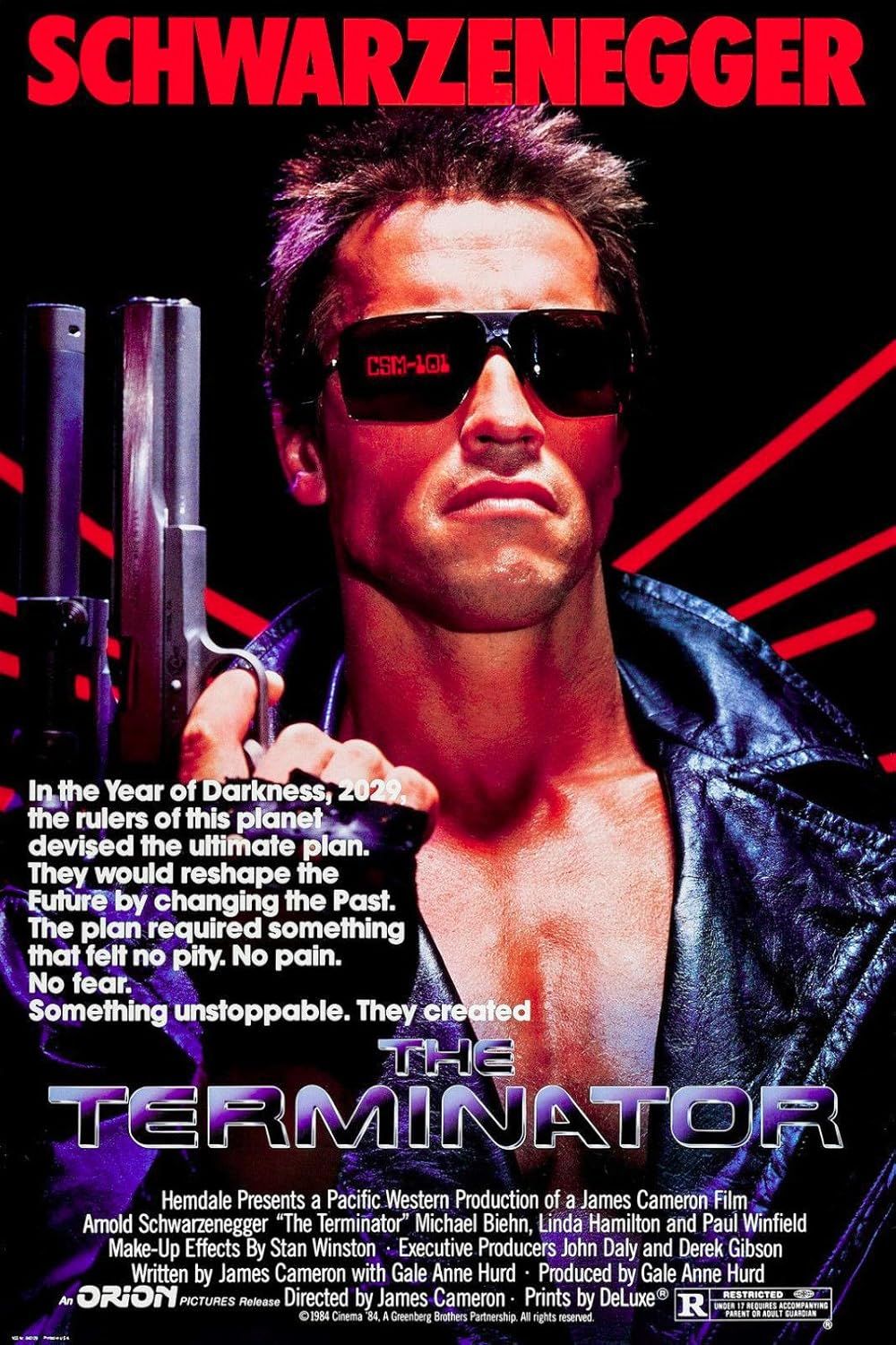
9. **The Terminator (1984)**Before he was “king of the world,” James Cameron’s directorial career almost stalled before it truly began. Following the somewhat less-than-stellar experience of *Piranha II: Flying Killers*, it wouldn’t have been unreasonable for him to reconsider his path in Hollywood. Who could have foreseen that his next project, a relatively low-budget sci-fi thriller, would not only launch him into superstardom but also redefine an entire genre?
*The Terminator* was a film born from humble origins, reportedly shot for just $6 million. Cameron, a burgeoning talent, skillfully wove elements from existing sci-fi narratives, drawing inspiration from works like Michael Crichton’s *Westworld* and Harlan Ellison’s *Outer Limits* episode ‘Soldier.’ This foundational blend set the stage for something innovative, yet it was the execution that truly elevated it beyond its influences.
The film introduced the world to Arnold Schwarzenegger’s instantly iconic, shotgun-toting, shades-rocking, time-traveling cyborg killer. This character wasn’t just a villain; he was a force of nature, an unstoppable presence that instilled a unique brand of terror. The movie brilliantly combined the relentless tension and primal fear of a slasher film with the exhilarating, kinetic thrills of a balls-to-the-wall blockbuster, a fusion few expected from such a lean production.
*The Terminator* didn’t just set a new standard for action-sci-fi; it created an enduring legacy that has permeated pop culture for decades. As the saying goes, “nothing has been the same since the T-800 told Linda Hamilton’s Sarah Connor: ‘Come with me if you want to live.'” It was an unexpected breakthrough that cemented Cameron’s vision and proved that groundbreaking cinema could emerge from seemingly modest beginnings.
Read more about: Arnold Schwarzenegger’s Unstoppable Lineup: Exploring the Icon’s Legacy of Power and Enduring Might

10. **Paddington 2 (2017)**The first *Paddington* film was a delightful surprise, bursting with joy, imagination, and a heartwarming kindness that endeared the beloved Peruvian bear to a new generation of viewers. It set a high bar for family entertainment, but when a sequel was announced, the question naturally arose: could it possibly capture the same magic, or would it fall victim to the common ‘sequel curse’? The answer, to the astonishment of many, was a resounding, magnificent yes, and then some.
*Paddington 2* didn’t just meet the elevated expectations; it soared past them, achieving a rare feat in cinematic history. Critics universally hailed it as not merely “one of the greatest sequels,” but quite possibly “one of the best, most feel-good movies, period, of all time.” This level of unequivocal praise for a children’s film sequel is almost unprecedented, transforming a charming follow-up into an instant classic for audiences of all ages.
The film masterfully took everything that made its predecessor so successful and amplified it, dialing up the spectacle, the delightful silliness, and the emotional stakes to new heights. The narrative, centering around Paddington’s adorable quest for a special present for his Great Aunt Lucy, provided the perfect framework for a series of hilarious hijinks. Special mention must be made of Hugh Grant’s scene-stealing performance as the “moustache-twirlingly evil and deliciously outré washed-up actor Phoenix Buchanan,” a villain who proved just as charming as he was dastardly.
*Paddington 2* is a testament to meticulous craftsmanship, heartfelt storytelling, and an unwavering commitment to pure, unadulterated charm. Its ability to generate such widespread critical adoration and leave audiences utterly charmed cemented its place as a truly iconic film that defied all expectations for a family-friendly follow-up, proving to be every bit “as sweet as marmalade.”
Read more about: The 15 Most Excellent Movies: From ’84 to ’23, How Many Of These Must-Sees Have You Conquered?

11. **Shaun Of The Dead (2004)**In the early 2000s, Edgar Wright was known for his cult British TV series *Spaced*, but his foray into feature film directing was still largely an unknown quantity. Many might have expected a cinematic extension of *Spaced*, or perhaps a niche British comedy. What audiences received, however, was a brilliant, genre-bending masterpiece that redefined what a horror-comedy could be, far exceeding the modest expectations often placed on debut features.
*Shaun Of The Dead* was ingeniously crafted as “a zom-rom-com made with real genre nous and a distinctly British sense of humour.” It masterfully struck a delicate “perfect balance between laugh-out-loud comedy and seriously gruesome undead horror,” a tightrope walk that few films have managed to execute with such precision and flair. This wasn’t just a parody; it was a loving homage that simultaneously innovated and thrilled.
The film is replete with unforgettable moments that instantly became iconic. From its perfectly synchronized “Don’t Stop Me Now” zombie beatdown sequence to the star-making, side-splitting performances of Nick Frost and Simon Pegg, every frame pulsed with a unique energy. Edgar Wright’s distinctive “go-for-broke gonzo approach to shooting and editing” created a dynamic visual language that was both fresh and exhilarating, captivating audiences from start to finish.
Ultimately, *Shaun Of The Dead* solidified Edgar Wright’s status as a formidable voice in cinema, establishing his signature style of rapid-fire editing, pop culture references, and witty dialogue. It proved that a film could be genuinely hilarious and genuinely terrifying all at once, becoming a benchmark for British filmmaking at its finest and a cult classic whose impact few could have predicted.
Read more about: The Unseen Architects: 12 Pivotal Innovations That Forever Changed the Landscape of Film Production

12. **Donnie Darko (2001)**When Richard Kelly’s *Donnie Darko* first premiered, it was far from an immediate blockbuster sensation. It arrived as a high school drama imbued with a mind-bending, time-traveling, and undeniably sinister rabbit-featuring twist that baffled as much as it intrigued. Its complex, labyrinthine narrative and brooding atmosphere suggested it was destined for a niche audience, making its eventual ascent to cult classic status a truly unexpected phenomenon.
The film’s journey to widespread adoration was significantly bolstered by “physical media’s move to DVD.” This format allowed “film obsessives” to “pause, play, and skip back and forth through it at will,” meticulously dissecting its intricate plot and hidden meanings. This organic growth of a dedicated fandom, driven by repeated viewings and passionate discussions, was an unforeseen factor in its enduring legacy, elevating it far beyond its initial limited release.
*Donnie Darko* explored incredibly heavy themes, delving into existentialism, fate, and the fabric of reality itself. Yet, despite its dark undertones and the ominous presence of Frank the rabbit, the film managed to land on a powerful “note of overwhelming optimism.” This ability to weave profound intellectual questions with an ultimately hopeful resolution, all delivered through Jake Gyllenhaal’s “star-making turn,” was a testament to Kelly’s “mercurial moviemaking” and its unique, surprising depth.
More than two decades later, *Donnie Darko* remains a touchstone for intelligent, unconventional cinema. It proved that a film can find its audience and achieve iconic status through word-of-mouth and the dedication of its fans, creating a lasting cultural impact that few would have anticipated from such an enigmatic and challenging debut. It’s a film that continues to be discussed, debated, and adored, proving its unexpected brilliance.
Read more about: From Box Office Busts to Beloved Binges: 15 Movie Flops That Became Timeless Cult Classics

13. **Logan (2017)**Hugh Jackman’s portrayal of Wolverine was already legendary, a character inextricably linked to his career for nearly two decades. As the time approached for him to punch out the clock on playing the iconic mutant, expectations were high for a fitting send-off. However, what James Mangold delivered with *Logan* wasn’t just a good superhero movie; it was a profound, mournful, and brutally honest character study that transcended the genre entirely, exceeding every conceivable expectation.
*Logan* boldly departed from the conventional superhero formula, taking its narrative cues from “Western greats such as Shane.” This decision allowed the film to explore deeper, more mature themes, crafting a “truly original superhero tale” that wrestled with Logan’s “mortality and history of violence.” Set in a dark near-future, the film showcased an aging, vulnerable Wolverine caring for a “mentally unstable Professor Xavier” (Patrick Stewart), painting a stark and heartbreaking picture rarely seen in comic book adaptations.
The film’s raw emotionality and unflinching portrayal of its characters’ struggles were a revelation. Dafne Keen’s debut as Laura/X-23 was an absolute powerhouse, adding another layer of unexpected depth to the narrative. The grit and realism of *Logan* were a far cry from the spectacle-driven blockbusters typically associated with the X-Men franchise, offering a poignant reflection on family, sacrifice, and legacy that resonated deeply with critics and audiences alike.
Ultimately, *Logan* was a “mutant masterwork” and the perfect, emotionally resonant end to Wolverine’s story. It redefined what a superhero film could be, proving that the genre could deliver intimate, character-driven dramas with lasting impact. It was a stark, powerful, and utterly surprising cinematic achievement that few could have envisioned, leaving an indelible mark on both the superhero genre and Hugh Jackman’s storied career.
Read more about: The Unforgivable Dozen: 12 NFL Coaching Catastrophes That Forever Stained Legacies
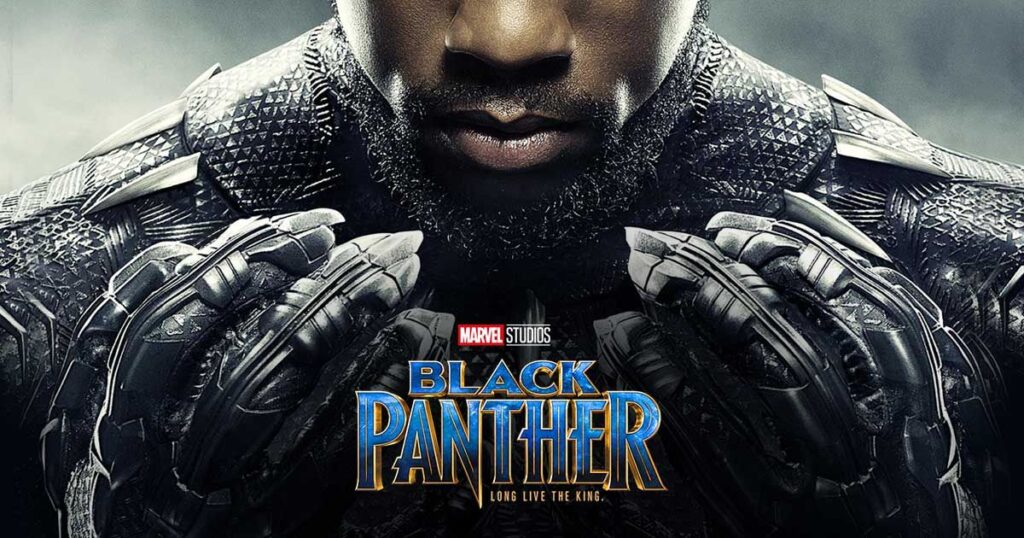
14. **Black Panther (2018)**After his compelling introduction in *Captain America: Civil War*, Chadwick Boseman’s T’Challa had already piqued audience interest. However, few could have predicted the sheer magnitude of the cultural and cinematic phenomenon that *Black Panther* would become. It wasn’t just another installment in the Marvel Cinematic Universe; it was a groundbreaking vision that transcended typical superhero fare, achieving a level of acclaim and impact that defied even the highest expectations.
Under the impeccable direction of Ryan Coogler, *Black Panther* unfolded as “an astonishing Afrofuturistic vision oozing cool, colourful regality.” From its Oscar-winning costume design that celebrated vibrant African aesthetics to its stunning set pieces and a soundtrack filled with bangers, the film was a sensory feast. It introduced audiences to Wakanda, a technologically advanced yet deeply rooted fictional nation, in a way that felt both fresh and profoundly significant, becoming a cultural touchstone.
Beyond its visual splendor and action, the film boasted a “mercurial narrative blend of pulsating espionage thriller and family saga,” ensuring it had real substance beneath its stylish exterior. It explored complex themes of heritage, leadership, and the responsibilities of power, making it a thought-provoking experience that resonated far beyond the confines of comic book lore. The depth of its storytelling surprised many who expected a more straightforward superhero adventure.
*Black Panther*’s “cultural impact cannot be understated.” Its soaring “billion dollar-plus box office takings” were a testament to its universal appeal, but its true legacy lies in its profound representation and inspiring message. After Chadwick Boseman’s untimely passing, the film endures as the defining role for a truly remarkable talent, cementing its place as a uniquely powerful and unexpectedly transformative piece of modern cinema.
Read more about: Rewind & Relive: 15 Iconic Movies So Good, You’ll Seriously Wish for a Time Machine to Watch Them Again!
As we conclude this exploration, it’s clear that the magic of cinema often lies in its capacity to surprise. From independent breakouts to blockbusters that defied the odds, these films remind us that genius can emerge from anywhere, challenging our preconceptions and leaving an undeniable mark on our hearts and minds. They are testaments to the power of unexpected storytelling, proving that sometimes, the greatest treasures are found where we least expect them, shining brighter than anyone could have imagined. These are the films that didn’t just meet expectations; they redefined them, creating unforgettable legacies for generations to come.



